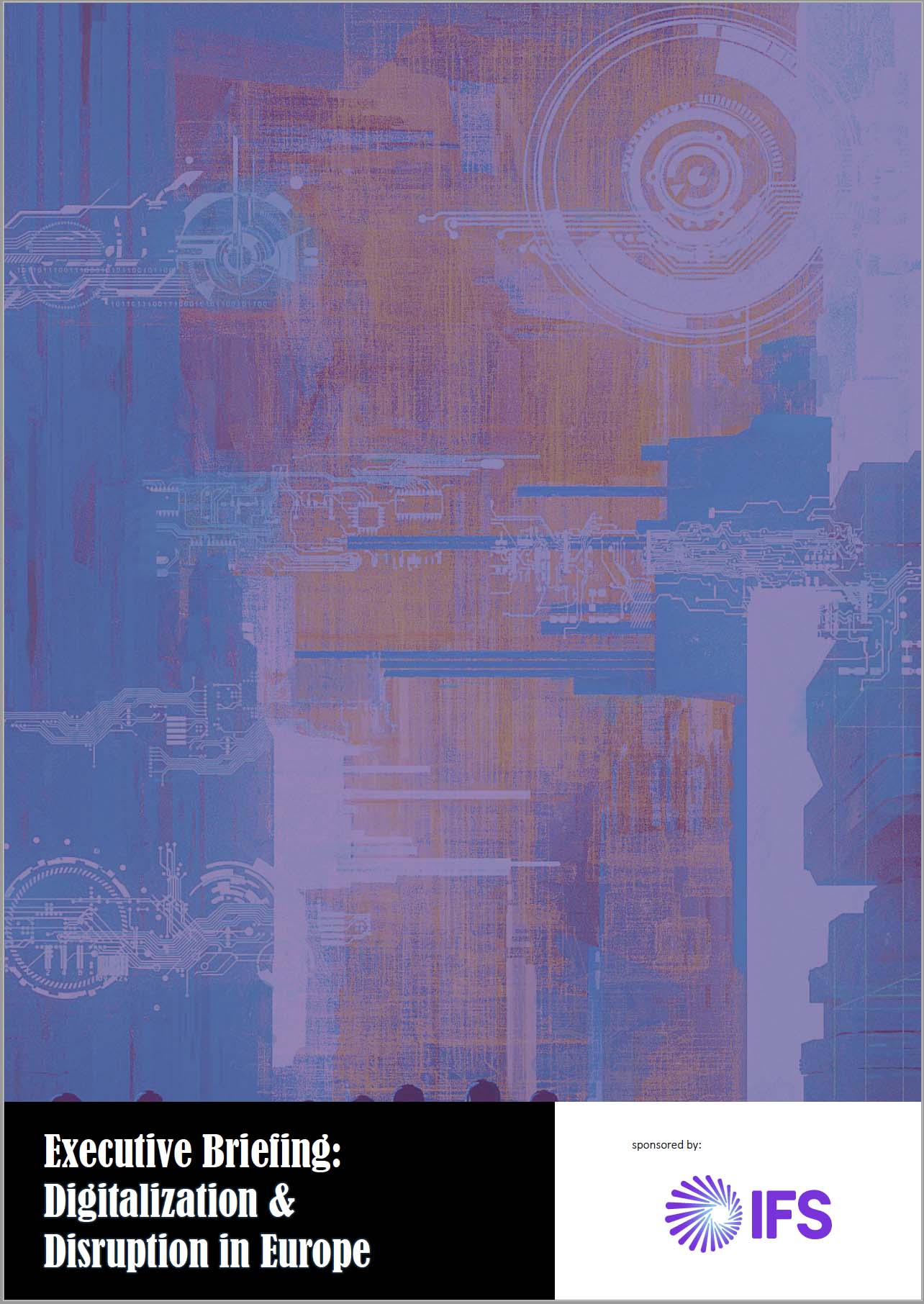Adapting to Changing Regulations
All countries across the world have introduced some form of restricted movement and localized lockdowns at some point across the pandemic. However, nowhere has seen such stringent lockdown measures put in place as Australia, particularly Melbourne on the Eastern coast, which has endured the most prolonged consecutive lockdown period of an incredible 262 days.
Fortunately, at the time of writing, the end appears to be in-sight with the lockdown finally lifted, but how has this impacted the workflows of field service companies trying to deliver service in the region and will these changes last?
It was certainly a discussion that the group within the think tank were all dealing with and postulating on the best way to deal with the challenge. As Jordan Argiriou, Director, Service Solutions APEC, QIAGEN explained during the discussion “The biggest challenges that we faced, from the very beginning, were the cross border type of scenarios, both within Australia and obviously, with an APEC responsibility cross country support that we used to offer.
“Quite often, Australian engineers would typically help out across the Pacific Islands and those sorts of regions, that’s all come to a complete stop. Now that’s the biggest challenge from my side, but there was a challenge with training and everything else which forced us to go down this dramatic shift into this digitization of pretty much everything.“
This comment was echoed by Garth Fenwick, Operations Manager, Alfabs, which highlighted the fact these challenges are pervasive across different industries and for companies of all sizes.
“I don’t have the ability, and the nature of the work doesn’t allow me to put fifty guys on-site to look after that job and another twenty guys here and another twenty years there,” Fenwick explained.
“In the last 18 months, one of the customer problems was how do we keep our assets running, even though there are limitations to travelling?”
“We need to be able to fly our team in and out of for that sort of work. So there are a lot of new and different challenges that have come about with the various new rules. Then also as there is a lot of additional regulations across different regions, we’re faced with dealing with different understandings of those rules that are in place,” he added.
Perhaps the most important aspect that we shouldn’t lose sight of is how these challenges not only impact our own ability to deliver service to our clients but also how the needs of our customers themselves are rapidly changing also. Jan van Veen, Managing Director, MoreMomentum, offered his thoughts on a solution.
“I always like to think in terms of what problem are you solving for your client?” Van Veen stated.
“I always like to think in terms of what problem are you solving for your client?” Van Veen stated.
“In the last 18 months, one of the customer problems was how do we keep our assets running, even though there are limitations to travelling? Let us assume that these limitations will be gone at some point, which means customer problems will be changing again, maybe partly back to how it was pre-covid.
“So what kind of remote support are you offering? If it means there is additional effort and burden on your customer to go through things on the asset, the machine, or the instrument with some support, they may expect you to return to on-site service. On the other hand, we also see the development where machines and equipment become easier to maintain and service, for example, modular design that allows the customer to swap out components themselves. So that I think that is now part of the equation as well.”
Again such lines of thinking inevitably return us to a dual vision of the future of field service.
On the one hand simple solutions for run-of-the-mill problems.
A fairly vanilla approach to service that becomes increasingly transactional as it continues to become commoditised.
Yet, running in parallel to that ‘vanilla service’ emerges a much more sophisticated layer of service excellence that is about broader issues than simple break-fix and brings the subject matter experts of an organisation to the centre of the conversation.
All members of the Field Service Think Tanks are speaking from their own personal opinions which are not necessarily reflective of the organisations they work for.


Data usage note: By accessing this content you consent to the contact details submitted when you registered as a subscriber to fieldservicenews.com to be shared with the listed sponsor of this premium content IFS who may contact you for legitimate business reasons to discuss the content of this briefing report.


